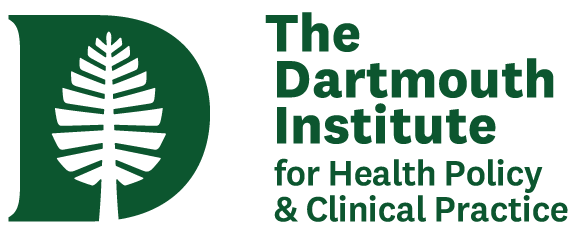“I chose Dartmouth because I wanted personalized
interaction with well-respected faculty members
and the opportunity to have closer relationships
with my peers who are going to be my colleagues
in the future.”
Lead change in health and healthcare and achieve your career goals
The Dartmouth accelerated on-campus Master of Public Health (MPH) program is designed to help you develop or advance your career while gaining a rigorous understanding of:
- Determinants of Health
- Health Policy
- Quality Improvement
- Health Services Research
- Epidemiology and Biostatistics
- Decision Analysis
- Improvement and Innovation in Healthcare and Health Systems
Through an 11-month immersive, hands-on experience, you will gain the skills and tools you need to boost your career. You will learn how to use data, impact policies, and lead change to overcome the barriers that stand in the way of improving healthcare delivery and health system performance. Through it all, you will be guided and mentored by our world-renowned faculty, the innovators behind many of the most disruptive ideas in healthcare today.
With a 12:1 student-to-faculty ratio, we intentionally keep our class sizes small to enrich your discussions and group projects with your peers. Your classmates have a range of backgrounds, and you each bring something different to the classroom. Join mid-career professionals, including research analysts, dieticians, nurses and businesspeople, experienced physicians and medical residents, and recent college graduates. Everyone plays a role in improving health care.
Here’s how the program works
Foundations of Public Health: Students in the residential and online programs begin their studies in July with a three-week, entirely online, asynchronous ‘Foundations of Public Health’ course. We recognize that incoming students have a variety of backgrounds and experiences in public health, so this course provides a broad background on basic public health concepts so that you can take a deeper dive into the material throughout the program.
Courses: Students start on-campus courses in August and take classes four to five days weekly. The academic year is divided into four terms, culminating with graduation the following June. The first half of the year covers core coursework such as measuring health, biostatistics, inferential epidemiology, and health services administration and leadership and weaves components of health policy and determinants of health throughout the core curriculum. In the second half of the year, students shape their interests through electives in health policy, quality improvement, and health services research.
Practicum: Students are given the opportunity to dive deeper into a topic of their choice through the practicum intensive course, which spans the entire duration of the program. Mentored by a Dartmouth faculty member, students design and complete a practicum project of their choice. The practicum project can range from a quality improvement project in a medical care setting to a policy analysis/development project.
Student groups: Getting to know your peers who will lead change is just as important as academics. Students supplement their full-time studies by participating in various extracurricular activities at Geisel and across Dartmouth’s campus. Popular among our MPH students, we have the Global Health Fellows, Indian Health Services trip, UNICEF club, Dartmouth Healthcare Foundations, The Medical Ethics interest group, and various unique opportunities at Dartmouth’s Center of Health Equity.
11 MONTH PROGRAM
55 STUDENTS PER CLASS
5 COURSES AT A TIME
EXPLORE CURRENT STUDENT STORIES:
DISCOVER THE LATEST FROM DARTMOUTH
TALK TO OUR ADMISSIONS TEAM
Courtney Theroux
DIRECTOR OF ADMISSIONS & OPERATIONS
Amanda Williams
ASSOCIATE DIRECTOR, ADMISSIONS AND RECRUITMENT
Mia Pennekamp
ADMISSIONS MANAGER
Jordan Andrews
ADMISSIONS OPERATIONS COORDINATOR
Geisel.MPH.MS.Admissions@Dartmouth.edu(603) 646-5834
Roland Lamb, MPH
Residential MPH/MS Program Director, The Dartmouth Instituteroland.l.b.lamb@dartmouth.edu

